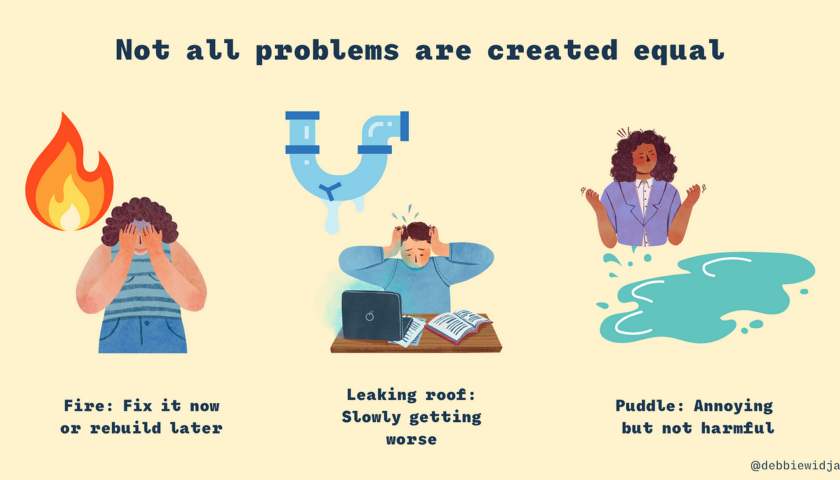The aviation training program for pilots consists of in-classroom, cockpit, and simulator training. This is carried out at flight schools which follow structured training programs and detailed syllabus as stipulated by national regulatory authority. Flight schools are certified by national regulatory authority for compliance and regularly reviewed, evaluated and tested for compliance to regulations. At school, flight instructor is responsible for training student pilots in all subject matter areas, procedures, manoeuvres, and tasks for operation to acceptable standards. A certificated flight instructor is an authorised person who has demonstrated their aeronautical knowledge, pilot proficiency, and teaching techniques through advanced knowledge and practical tests. Ultimately, flight instructors are responsible for training students to be safe and competent pilots.
What is Training?
Training helps individuals develop skills and knowledge intended to improve capabilities, productivity, and/or performance.
What is knowledge?
Knowledge includes subjects or topics of information that contribute to the theoretical or practical understanding of a subject.
What is skills?
Skills refer to the technical or manual proficiencies that are learned/acquired through training or experience and results in competency in performing a task.
What is Abilities?
Abilities are the demonstrated capacity to apply knowledge and skills to complete a task or behavior.
By giving trainees an opportunity to acquire knowledge, skills, and abilities through instruction, demonstration, practice, and relevant feedback about their performance, trainees are able to more effectively learn and apply this learning across contexts. The KSAs that trainees intend to acquire should be related to the tasks and desired outcomes of the job, which develops job- specific skills via training to prepare trainees to handle future job demands. While the appropriate selection of content for training is critical for training effectiveness, the way that training is designed and delivered also has an impact on its overall effectiveness.
Learning to fly is simultaneously one the hardest and most enjoyable things I have ever done. I have never studied for anything in school/college the way I had to prepare for each of my flight. I have never entered a cockpit unless I was 100% sure of what I was going to do. Each good manoeuvre which lasts for few seconds or minutes had at least few hours of practice on ground. It’s hard, but it’s worth it. The day you first solo is sheer joy.
From my experience, I will list out factors that should influence your decision while selecting a flight school in the order of merit.
- Training Quality. Availability of ground training and Simulator facility at site.
- Safety Record of School.
- Experience and Quality of Flight Instructors.
- Student to Instructor Ratio.
- Student to Aircraft Ratio: Directly relates to opportunity to fly.
- Location.
- Facilities at parent and neighbouring airfields (Infrastructure and aviation related).
- Career placement.
- Time to complete the Flying Training.
- Scheduling flexibility.
- Cost and payment flexibility or Financial Aid.
- Administration Integrity and facilities.
- Friendly Staff.
The factors which are deterimental:
- Marketing and Promotion approach.
- Family members.
- Word of mouth.
- Contact with School staff or Instructor.
- School website.
The ultimate goal of pilot training is to be a safe pilot. Finding the right flight school is one key to ensuring that your flight training is a success.
In order for training to be effective, training should be: a) designed around the specific KSAs employees need to do their jobs successfully, b) motivating, interesting, realistic, and clearly outlined, c) related to pre-existing KSAs that trainees possess, d) an opportunity for trainees to practice new skills, while receiving feedback and further support. Success of training is determined by a combination of mechanisms that influence how people process information, focus their attention, direct their efforts, and manage their affect during learning. Individual differences between trainees will always exist, focusing on how to increase motivation and promote learning orientation across trainees can provide a way to enhance learning, despite other individual differences. This is where flight Instructor steps in and plays the most vital role in the life of every trainee pilot.
“A pilot who says he has never been frightened in an airplane is, I’m afraid, lying.”
Louise Thaden



